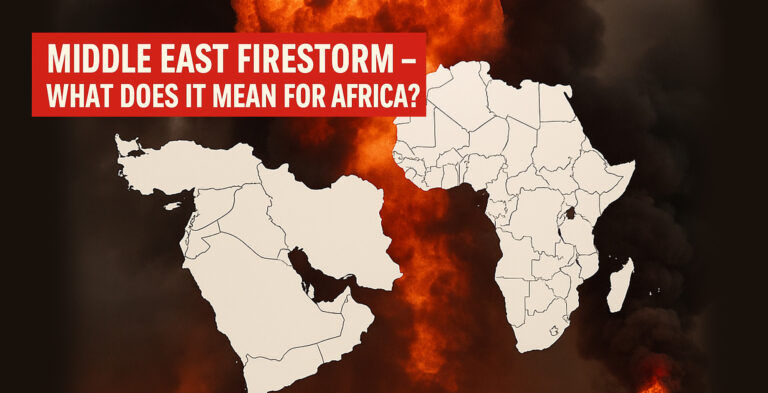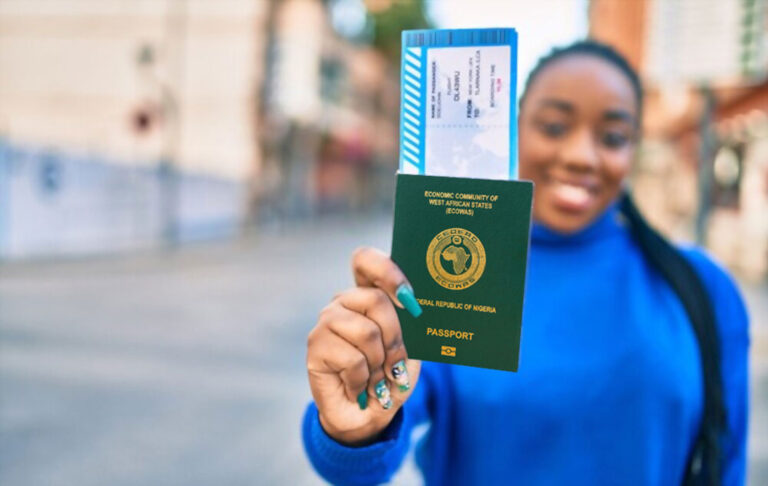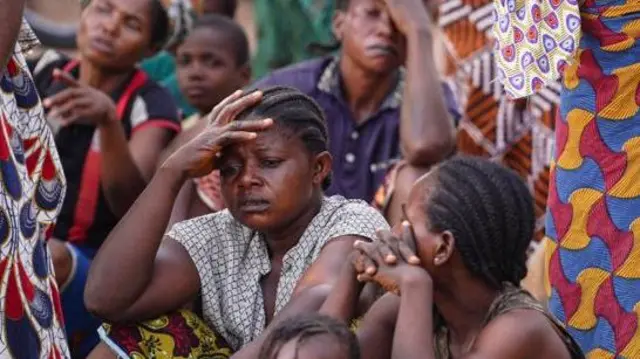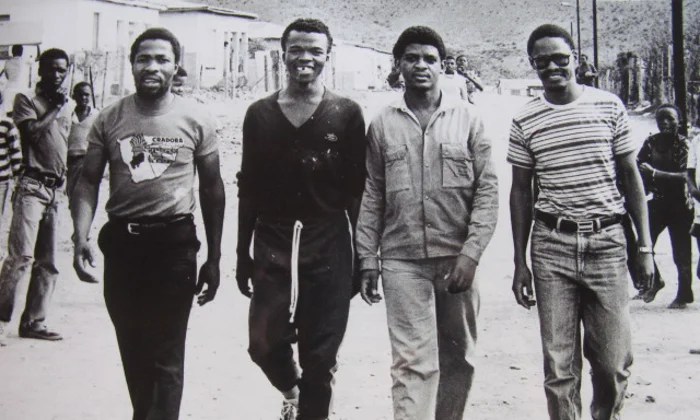
Democracy in Nigeria Under Threat: Citizens Voice Fears
Democracy in Nigeria Under Threat is no longer a distant warning; it is a living fear for many Nigerians. From the bustling cities of Lagos and Abuja to the quieter communities in the North East, citizens are speaking out about the growing erosion of democratic values.
In the past few months, signs of threats to Nigeria’s democracy have become more visible. Allegations of electoral manipulation, the intimidation of opposition voices, media crackdowns, and worsening insecurity dominate public discussions.
The Human Cost of a Fragile Democracy
Fatima Yusuf, a schoolteacher in Kaduna, said, “I voted with hope, but now I wonder if my vote even counts.” Her voice trembled as she recalled the violence she witnessed during the last elections. Like Fatima, many ordinary Nigerians are growing disillusioned with the democratic process they once celebrated.
Democracy in Nigeria Under Threat means that it is not just political elites at risk; it is the market women fearing instability, students worried about their future, and traders losing business due to economic hardship driven by poor governance.
Experts Sound the Alarm on Threats to Nigeria’s Democracy
Political analysts, such as Dr. Uche Mbadiwe of the University of Ibadan, warn that threats to Nigeria’s democracy are serious and worsening. “When citizens lose faith in elections and the courts, democracy begins to crumble,” he stated.
The Independent National Electoral Commission (INEC) faced backlash after the 2023 general elections. Allegations of vote buying, technical failures, and poor logistics marred the process, leaving many Nigerians skeptical about future polls.
Democracy in Nigeria Under Threat is made worse by increased attacks on journalists and activists. Reports from human rights organizations show a spike in arrests and harassment targeting those critical of government policies.
Civil Society Reacts: ‘We Will Not Be Silenced’
In response to these growing threats to Nigeria’s democracy, civil society groups have stepped up efforts to defend constitutional rights. Groups like Enough is Enough (EiE) Nigeria and the Centre for Democracy and Development (CDD) are organizing town halls, protests, and educational campaigns.
“We must stand up now,” said Adetola Adeniran, an activist based in Lagos. “Democracy in Nigeria Under Threat is real, but we can still fight for it.”
Many young people, especially those from #EndSARS movements, are increasingly active in advocating for transparency and accountability.
Insecurity: A Major Threat to Democratic Stability
Apart from electoral challenges, insecurity remains a major threat to Nigeria’s democracy. Kidnappings, terrorism, and banditry destabilize regions, making it hard for democratic institutions to function.
In the North East, communities already devastated by Boko Haram feel abandoned. “How can we talk about democracy when we live in fear every day?” asked Mohammed Aliyu, a community leader in Maiduguri.
Democracy in Nigeria Under Threat is compounded when citizens cannot vote freely or assemble without fear of violence.
Economic Hardship Deepens Democratic Woes
Economic instability is another reason why many feel democracy in Nigeria is under threat. Rising inflation, unemployment, and poverty have pushed millions into hardship.
Chika Okeke, a university graduate in Anambra, shared her frustration. “Democracy should mean better life, but every day it gets harder to survive.” She believes that until economic opportunities improve, faith in the democratic process will keep declining.
For many Nigerians, democracy is not just about elections; it is about whether leaders deliver on their promises of jobs, security, and basic services.
Government’s Response: Promises or Action?
The federal government has repeatedly denied that democracy in Nigeria is under threat. President Bola Tinubu, in a recent speech, assured citizens that democratic institutions remain strong.
“We will protect democracy and uphold the rule of law,” the President said. However, critics argue that words must turn into real reforms to reverse current negative trends.
Democracy in Nigeria Under Threat cannot be solved by promises alone. Citizens demand tangible action, from electoral reforms to strengthening the judiciary and ensuring freedom of speech.
Way Forward: What Nigerians Want
From the streets of Port Harcourt to the classrooms of Kano, Nigerians are clear about what they want: free and fair elections, security, economic reforms, and respect for human rights.
Civil society organizations are also pushing for electoral law amendments, independent judiciary strengthening, and press freedom protection.
Democracy in Nigeria Under Threat will remain a concern unless urgent steps are taken. As Dr. Mbadiwe aptly put it, “If we fail to protect democracy today, we risk losing it tomorrow.”
Conclusion: A Call to Action
The fear that democracy in Nigeria is under threat is deeply rooted in the everyday experiences of ordinary Nigerians. Yet, despite setbacks, many still believe in the power of democracy to change lives.
Democracy in Nigeria Under Threat is a challenge, but it is not a death sentence. Citizens, civil society, and institutions must rise to defend the values of transparency, fairness, and justice.
The choice to save Nigeria’s democracy belongs to everyone — and the time to act is now.



